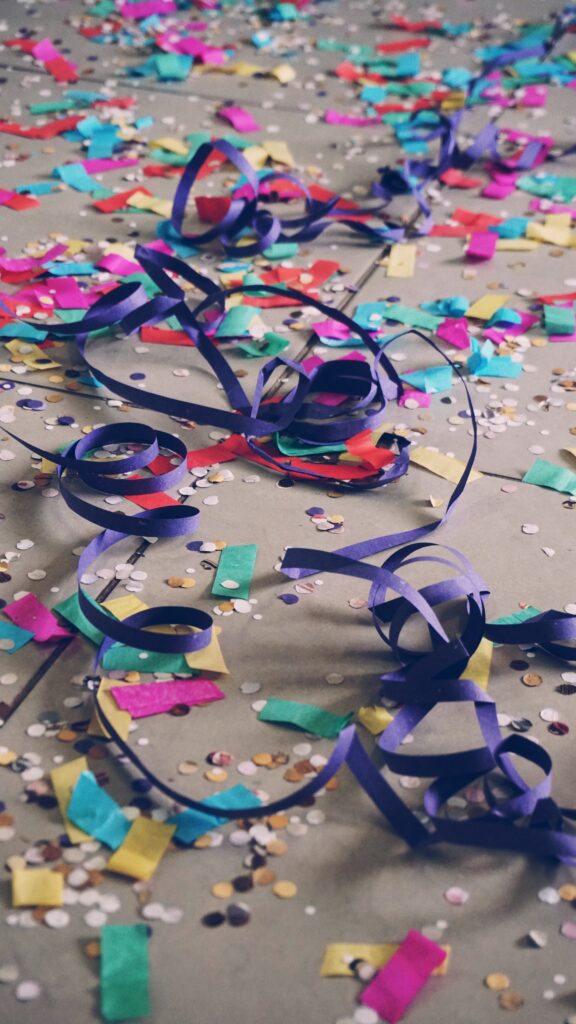Do people still party?

Catriona Ines finds herself at a basement bar surrounded by bottles and cans. Engaging with a DJ, moving on to another bar with soft pink lighting, chatting about feminism, horoscopes, and even the illegal animal trade. It’s a typical night, except for one thing: the drinks are alcohol-free, including everything around her. This ‘dry’ party scene seems to reflect a shift toward healthier lifestyles, contradicting the idea of wild nights fueled by alcohol.
As she delves into this culture, she encounters stories of people who navigate the scene without a drop of alcohol, feeling unexpectedly liberated. However, her initial quest for such stories stems from a personal longing for the vibrant, energetic nights she cherishes, now threatened by closures of pubs and clubs.

Will the party begin?
However, as Gen Z reaches their early to mid-20s, a question arises: Is the era of clubbing and party over, asks NBC News.
It says several TikTok creators have gone viral, expressing disappointment with the state of nightlife in 2023. This sentiment resonates with many in the age cohort, born between 1996 and 2012, who grew up with a cultural narrative glorifying clubbing through party-centric music and shows like “Jersey Shore.”
Expressing a sense of disillusionment, one Gen Z TikToker, whose video garnered 2.8 million views, stated, “I feel ripped off to a certain extent. Every song that came out when I was in elementary school and middle school was about getting crunk in the club.”
Enjoying this article?
Subscribe to get more stories like this delivered to your inbox.
This discourse on the state of party culture coincides with what experts describe as a loneliness epidemic, particularly affecting young people.
Paris Hilton joked about not changing son’s diaper for first month of his life
Cover Photo: Unsplash
Writer
